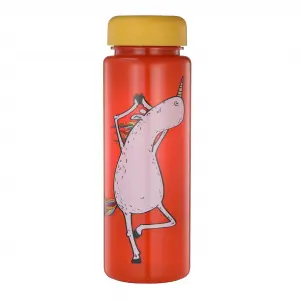1. Implementation standards for plastic water cupsIn China, the production and sales of plastic water cups need to comply with relevant implementation standards, which mainly include the following aspects:

1. GB 4806.7-2016 “Food contact materials plastic products”
This standard specifies the physical, chemical and safety performance indicators of food contact material plastic products, including dissolution, volatility, unstable reactions, scratches and wear, corrosion degree, etc.
2. QB/T 1333-2018 “Plastic Water Cup”
This standard stipulates the requirements for the material, structure, safety, environmental protection and hygiene of plastic water cups, including the requirements for the plastic cup shell, cup spout, cup bottom and other parts.
3. GB/T 5009.156-2016 “Determination of total migration in plastic products for food use”
This standard is a requirement for the determination of total migration in plastic products for food use, including provisions on sample testing, reagent dosage, and testing processes.
2. Material of plastic water cup
Commonly used materials for plastic water cups include polyethylene (PE), polypropylene (PP), polystyrene (PS) and polycarbonate (PC). Among them, PE and PP have good toughness and pressure resistance, and are usually used to make white and transparent water cups; PS materials have high hardness, good transparency, bright colors, and are easy to be processed into various shapes, but are lighter in weight; PC materials It has strong hardness and strength, good toughness and high transparency, and can be used to make higher quality water cups.
3. Safety of plastic water cups
The safety of plastic water cups mainly refers to whether they produce chemicals harmful to human health. Commonly used plastic materials generally meet health and safety standards, but when exposed to high-temperature substances, harmful substances, such as benzene and diphenol A, may be released. Consumers are advised to choose products that comply with national standards and be careful not to use water cups in high temperature environments.
4. Environmental protection of plastic water cupsThe environmental protection of plastic water cups mainly refers to whether they can be recycled and reused. Plastic water cups that meet national standards can generally be recycled, but if they are deformed, cracked, etc. during use, their recycling effect may be affected. Consumers are advised to clean water cups promptly after use and recycle them in an appropriate manner.
5. Conclusion
Choosing safe and environmentally friendly plastic water cups can not only protect the health of consumers, but also play a positive role in environmental protection. When purchasing plastic water cups, consumers can take a look at the product’s implementation standards or relevant quality certifications, and use this as a criterion to choose high-quality products.
Post time: Jun-03-2024